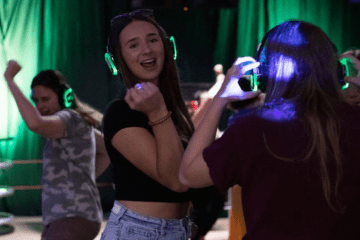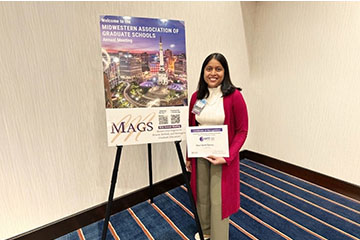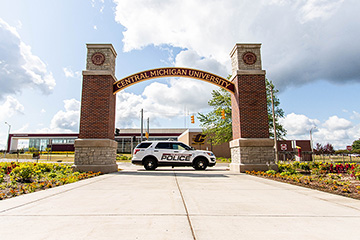Graduate student studies endangered species
Mary Gibson researches the mating habits of black-footed ferrets
Mary Gibson, a graduate student in the biology department, is studying black-footed ferrets and their mating habits. Black-footed ferrets, once of the most endangered animals in North America, have been bred largely in captivity since the 1980s. There is a gap in existing knowledge about the mating habits of these ferrets that Gibson hopes her research can help fill. Gibson is conducting her research on a reintroduced, self-sustaining population of ferrets in South Dakota, meaning the ferrets are observed, but not technically in captivity.
Currently, captive breeding programs use a monogamous approach, where one female mates with one male in an attempt to preserve genetic diversity. However, as research on the black-footed ferret did not begin until they were essentially extinct, it is unclear whether monogamy represents ferret mating behavior in the wild. Gibson is evaluating mating behavior using DNA fingerprinting to determine paternity, similar to paternity testing in humans.
Gibson’s preliminary results suggest that monogamous breeding is not typical to the species. Her current findings suggest many females in the wild South Dakota population have mixed paternity litters, meaning females bred with multiple male ferrets. If this mating style is reflective of the species, this could lead to a change in the current breeding program strategies, as this style of mating leads to greater genetic diversity in the population.
While Gibson has only been working the black-footed ferrets for 8 months, she has been focused on genetics and species conservation throughout her academic career. “I personally am very interested in how much you can learn and the variety of questions you can address through genetics,” says Gibson. “I've always been interested in wildlife disease, so this project even has an aspect of that environmental pressure.” Gibson is still in the active stages of her research but hopes to publish her work upon its completion.
This story is brought to you by the Office of Research and Graduate Studies.




